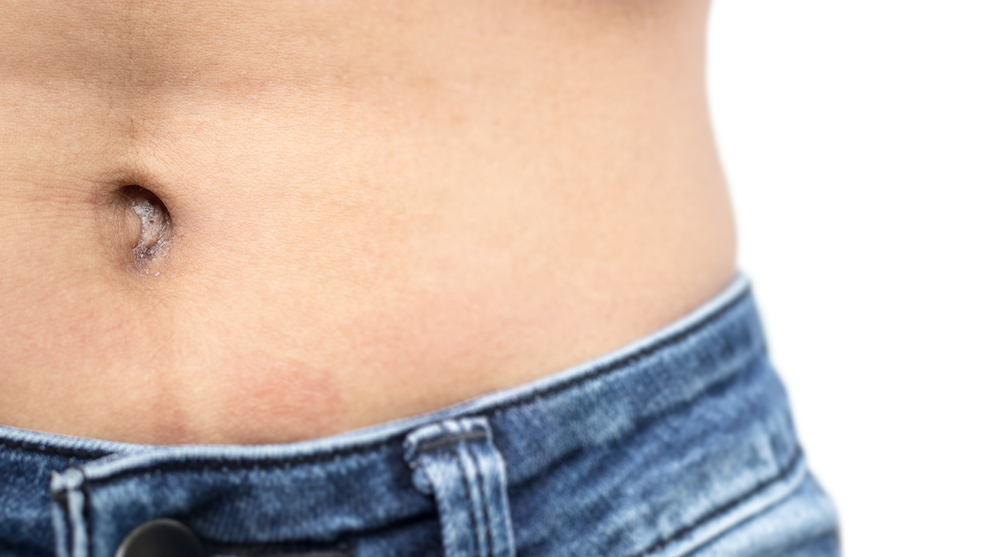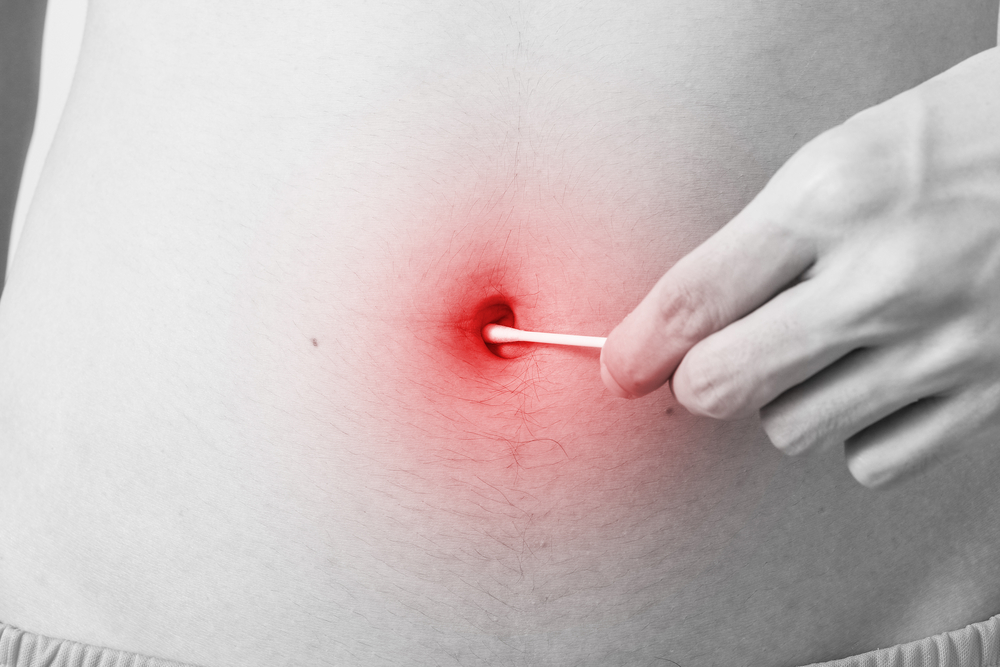Contents:
- Medical Video: How to Treat Belly button Infection
- What causes navel odor?
- 1. Poor cleanliness
- 2. Infection
- 3. Cysts
- Then how to prevent the navel from stinking?
Medical Video: How to Treat Belly button Infection
Ever smell an unpleasant smell from the navel? Although diligently taking a shower, sometimes the navel can smell. This can be caused by various things. So, why can the belly button emit a smell? Here are the various causes of navel odor you need to know.
What causes navel odor?
1. Poor cleanliness
Did you know if the navel is a favorite place for germs to nest because of its concave and small shape? Even the deeper the navel basin, the more dirt will accumulate in it.
Based on research conducted at the University of Pittsburgh Medical Center (UPMC), the navel is a 'shelter home' for 67 types of bacteria. Not only bacteria, fungi and other germs can also grow in the stomach.
Together with oil, dead skin, sweat, and other impurities, nested germs and bacteria are more comfortable to live and breed fertile. Finally this pile of bacteria, dirt, and sweat that has never been cleaned will create a bad smell, just like the smell of underarms when you are sweating.
So, if you don't want the belly button to smell and become a nest of bacteria, you should pay attention to your body's cleanliness, especially at the navel. Do not wait until a bad smell appears and you start cleaning it.
2. Infection
Kandida is a fungus that lives on skin that feels warm, dark and moist like the groin, navel and armpits. If this candida continues to grow, over time this fungus can cause infection.
This infection that occurs in the dark and folds of the skin is called intertrigo kandidal. In addition to smelling, skin infected with candida fungus will also usually look red and scaly.
Usually people with diabetes are more at risk of developing this infection. This is because the immune system is weakened so that it is not strong enough to fight infection.
In addition, people who have belly button piercing are also at high risk for infection in the navel. Other symptoms of infection besides navel smell are pain and pain, itching, redness, swelling, and pus or white and green discharge.
3. Cysts
Having a cyst around the navel can cause unpleasant odors. The cyst itself is actually just a small lump that is usually harmless and does not cause pain if it is not infected.
Epidermoid cysts, pillars, and sebaceous cysts can grow in the navel and experience infection. Epidermoid cysts and pillar cysts contain cells that produce thick enough keratin protein deposits. If the cyst is enlarged and broken, it will usually appear thick, yellow, and foul-smelling fluid. If this happens, the cyst is infected.
Likewise with sebaceous cysts which usually come from clogged oil glands and produce quite a lot of oil production. If all three of these cysts have become infected, the form will turn reddish, itchy, and feel sore and painful when touched. Inflammation that occurs inside the cyst can also cause pus production with a strong odor.
Then how to prevent the navel from stinking?
Basically the easiest way to prevent navel odor is to clean it every day while taking a shower.
Gently rub the inside of your belly button either with your fingers or help with soft cotton and cloth so that trapped dirt can be removed. After that, dry it with a towel or tissue so that it no longer feels damp or leaves water in it.
Another way is to clean your belly button using a mixture of warm water and salt. Then use the tip of your index finger to gently massage the inside of the navel. You can also use the help of a soft cloth to clean it.
You should avoid using cream or lotion certain in the navel area because excessive moisture actually makes bacteria and fungi flourish.
But if the cause of your belly button is due to an infection, then you should immediately see a doctor to get the right diagnosis and treatment. Try not to break the cyst with sharp objects so that the infection does not get worse.













